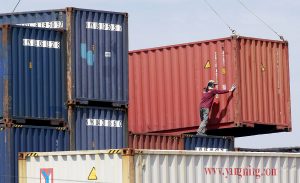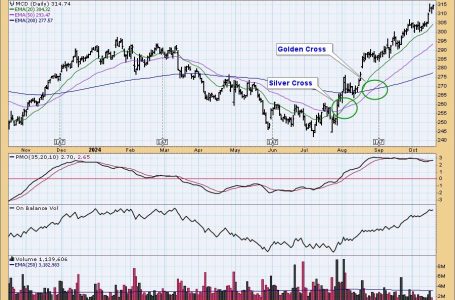Elon Musk quietly donates ‘very substantial’ amount to PAC to canvass Hispanic voters
Philippines slips in trade sustainability ranking

By Justine Irish D. Tabile, Reporter
THE PHILIPPINES slipped to 13th place among 30 economies engaging in sustainable trade best practices, according to a report by the Hinrich Foundation and the International Institute for Management Development (IMD).
The Hinrich-IMD Sustainable Trade Index (STI) measures 30 economies’ readiness and capacity to participate in the global trading system in a sustainable manner through 72 data points categorized into three pillars: economic, societal and environmental.
This year, New Zealand topped the index, followed by the United Kingdom and Australia. The worst performers were Russia (30th), Papua Guinea (29th) and Pakistan (28th).
The Philippines fell a spot to 13th place as its score dropped to 54.8 out of 100 from 61.4 points last year. The Philippines ranked 12th in the 2023 survey.
The Philippines slumped to 19th place in both economic and societal pillars.
The country’s best performing areas under the economic pillar are growth in the labor force (fourth), tariff and nontariff barriers (11th), and real gross domestic product growth per capita (third), according to the report.
However, the country performed worse in areas such as trade costs (18th), technological infrastructure (21st) and consumer price index (22nd).
Under the societal pillar, the country performed best in stance against trade in goods at risk of modern slavery (14th), government response against human trafficking (second), and labor standards (12th).
However, the IMD said the country performed worse in areas such as inequality (18th), educational attainment (23rd), political stability and absence of violence (25th), and goods produced by forced or child labor (25th).
Meanwhile, the Philippines ranked third in the environmental pillar in this year’s index, one place higher than last year. This measures how much importance a country gives to sustainability within the trade framework.
“Countries that rank highly in this area, such as New Zealand, the United Kingdom, the Philippines, Mexico, and Australia, are distinguished by their strong environmental regulations and commitments to international environmental agreements,” the report said.
“These nations effectively manage carbon emissions, maintain low pollution levels, and prioritize renewable energy (RE) sources,” it added.
The Philippines performed best in the environmental standards in trade (first), ecological footprint (fifth), and RE (sixth), which are indices under the environmental pillar.
However, the country scored lower in the areas of deforestation (19th) and air pollution (18th).
“Notably, the Philippines witnessed a significant improvement in carbon indicators, rising from 18th to ninth place, and holds 10th place in energy intensity,” the report said.
“Challenges for the Philippines include wastewater treatment, air pollution and deforestation. However, its overall strong performance underscores the country’s commitment to environmentally sound trade practices,” it added.
Rizal Commercial Banking Corp. Chief Economist Michael L. Ricafort said the country’s lower ranking this year could be a result of slower rollouts of RE projects, less developed infrastructure and higher power costs.
“It may be due to a relatively slower rollout of and transition to more renewable power sources such as solar and wind,” he said in a Viber message.
The Philippine government saw increased investments in renewable energy projects after it allowed full foreign ownership in the sector last year.










